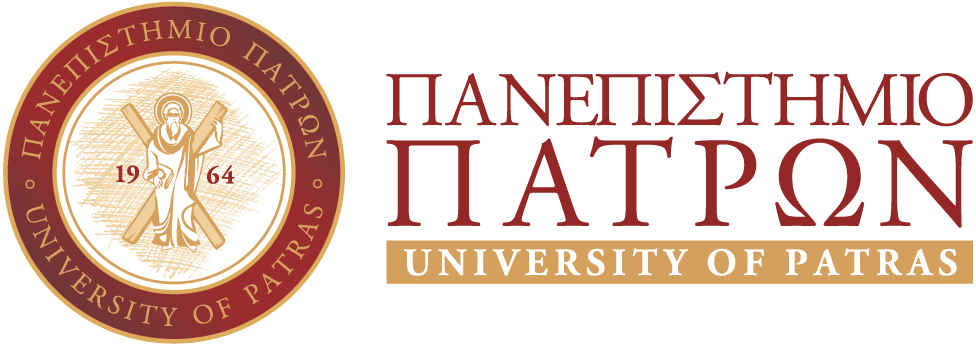Course : Introduction to Data Science
Course code : ECON1362
ECON1242 - Emmanouil Tzagarakis, Victoria Daskalou
Course Description
.JPG)
The aim of the course is to develop basic competences in using computers and informations systems as the main tools for data processing.
The course introduces the importance of computers in the field of Economics and analyzes methods and algorithms to address statistical problems using computers.
Data processing methods are presented by using:
- the spreadsheet software (MS excel or OpenOffice Calc),
- the Python programming language, and
- the R language and environment for statistical computing and graphics.
Open data are used to apply and study statistical processing methods and finally a comparison is made in order to evaluate statistical tools.
-
Course Syllabus
The module covers the following topics:
- Computers as mind expanding tools
- Computer and data processing history
- Modern computer systems and their architecture
- Arithmetic systems and number representation. Conversion between different arithmetic systems.
- Data processing using spreadsheet software (MS excel)
- Data processing using programming languages (python).
Course Objectives/Goals
Upon completion of this course, students will be able to:
- Understand the importance of computer systems in Economics
- Describe the concepts of hardware, software and applications
- Accomplish conversions and operations in different arithmetic systems
- Process data using spreadsheet software (MS Excel)
- Process data using programming languages (Python)
Bibliography
Εισαγωγή στους υπολογιστές / Νίκος Αβούρης, Οδυσσέας Κουφοπαύλου, Δημήτριος Σερπάνος
Εισαγωγή στους υπολογιστές με τη γλώσσα Python / Νικόλαος Αβούρης ... [και ά.]
Στοιχεία υπολογιστικών συστημάτων / Ελευθέριου Α. Παπαθανασίου
Instructional Methods
Lectures in the laboratory for the presentation of the basic concepts (2 hours per week). Laboratory exersises (2 hours per week) where students work by their own or in small groups. On-line weekly exercises where students work on small data sets in spreadsheets or programming with python. Students also work in groups (3-4 students) for two large projects that learn to process open large datasets: one project using spreadsheet applications and an other one using the python programming language.
Assessment Methods
The final grade of this module is derived by the following components: Project in spreadsheet (15%), Project in Python (15%), Written Examination Grade (70%)
Prerequisites/Prior Knowledge
No need for prior knowledge
Instructors
Manolis Tzagarakis, Victoria Daskalou
Data processing techniques using MS Excel spreadsheet software.
Agenda
Announcements
ALL ANNOUNCEMENTS...- - There are no announcements -
